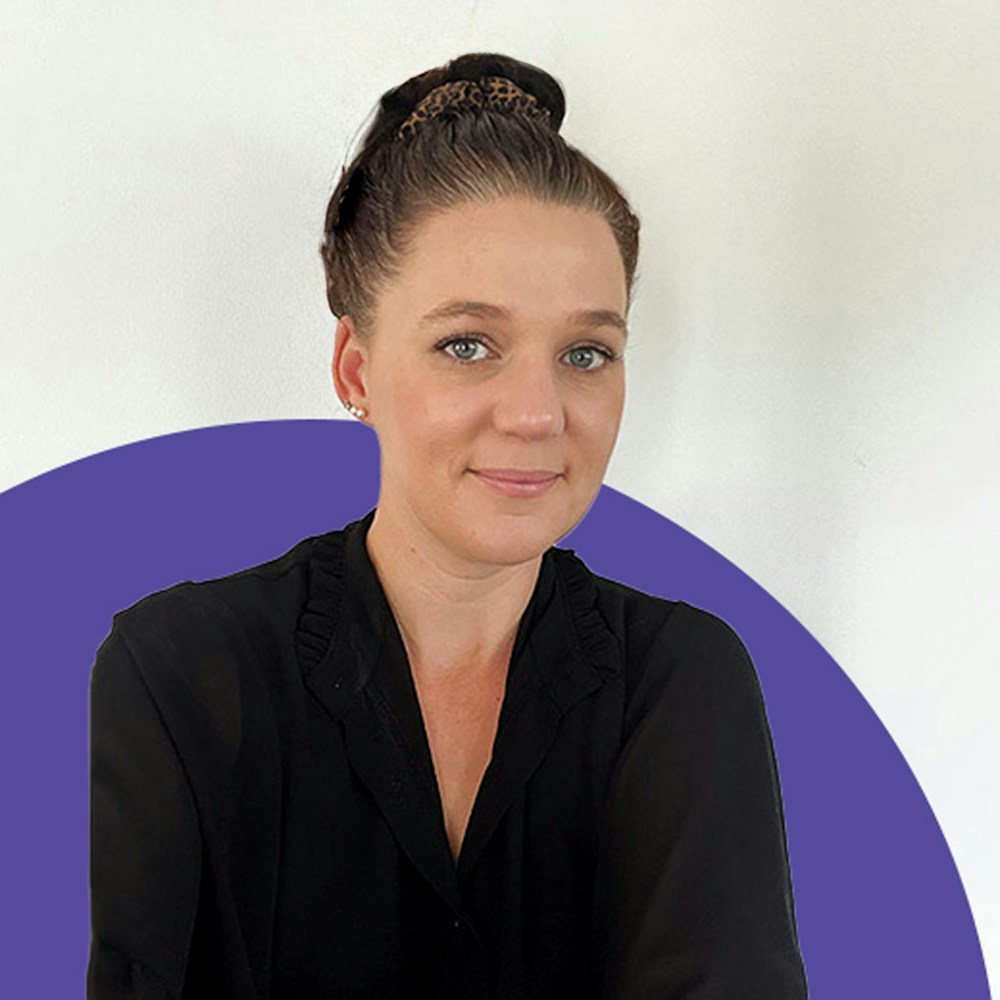Find a career in Allied Health that's right for you
The Allied Health industry offers various fulfilling career opportunities. By assisting individuals in their healing journeys and connecting with people from diverse backgrounds, allied health professionals find immense satisfaction in their roles. Here are some of the most sought-after careers in Allied Health Assisting.

Allied Health Assistant
An Allied Health Assistant is an all-rounder position that’s an exciting starting point for a career in the allied health industry. You will be working in multidisciplinary teams and learning from allied health professionals such as physiotherapists, occupational therapists, audiologists or even exercise physiologists. Under their guidance, you will assist with the implementation of programs and therapeutic activities for individual patients and groups.

Physiotherapy Assistant
As a Physiotherapy Assistant, you’ll be in an enthusiastic and hands-on role where you spend each day helping individuals conquer their recovery goals. You’ll be supporting patients to complete individualised treatment plans related to injuries, illnesses, or disabilities, which means you'll also be providing a bit of patience and moral support when the going gets tough.

Occupational Therapy Assistant
The word ‘occupational’ used here refers to everyday things that we may take for granted, like showering, preparing food, studying, working, socialising, and engaging in hobbies. In this role, you’ll be working under the direction of Occupational Therapists to improve the physical, psychological and social lives of individuals living with impaired abilities or capacities.

Nutrition and Dietetics Assistant
As a Nutrition or Dietetics Assistant, you'll work under the direction of an allied health professional to help patients understand their dietary and nutritional problems, bringing a great sense of relief to them and improving their lives.
Our Allied Health Assistance courses will get you there
Designed for beginners as well as those seeking to formalise their on-the-job experience, our nationally recognised courses will lead you to a bright and rewarding future.
HLT33021
Certificate III in Allied Health Assistance
Work under the direction of allied health professionals to support patient programs and therapeutic activities in a range of areas with the Certificate III in Allied Health Assistance.
HLT43021
Certificate IV in Allied Health Assistance
Support Allied Health professionals to improve the wellbeing of patients in a variety of Allied Health settings.
HLT33021 / HLT43021
Certificate III in Allied Health Assistance and Certificate IV in Allied Health Assistance
Broaden your career opportunities with a bundled Allied Health Assistance offering to graduate with two nationally recognised qualifications.
Meet Eleshia, Health Trainer and Assessor at Foundation Education.
As a passionate Trainer and Assessor at Foundation Education, Eleshia brings her wealth of knowledge and expertise to support and guide our students on their education journey. With her deep understanding of the healthcare industry and a genuine commitment to student success, Eleshia provides the mentorship and training needed to excel as an Allied Health Assistant.

Future career pathways
If you're passionate about helping people, there are many Allied Health jobs that offer rewarding careers. Whether you want to help people recover from injuries, improve their quality of life, or live independently, there's an Allied Health job that's right for you. And if you're looking to advance your career and earning potential, you can study a Bachelor of Occupational Therapy or Physiotherapy.
Related Allied Health articles
Stay up-to-date with our latest industry-related insights.

What Do Allied Health Assistants Do?
Start making a difference and give your career the boost it’s been waiting for as a qualified Allied Health Assistant. With such a broad range of specialties, what does an allied health assistant actually do?

Allied Health Industry Future Outlook
From nutrition and dietetics to physiotherapy and medical imaging, a wide range of professions make up the allied health sector. The industry is growing rapidly, offering increased job opportunities to graduates of allied health courses.

What Is the Role of a Physiotherapy Assistant?
What is Physiotherapy used for? Well, it’s for sports injuries, right? Wrong. That's just the tip of the iceberg.
*Source for projected job growth figures: Seek, 2023
Proud member of

© Foundation Education | RTO Number 22557





